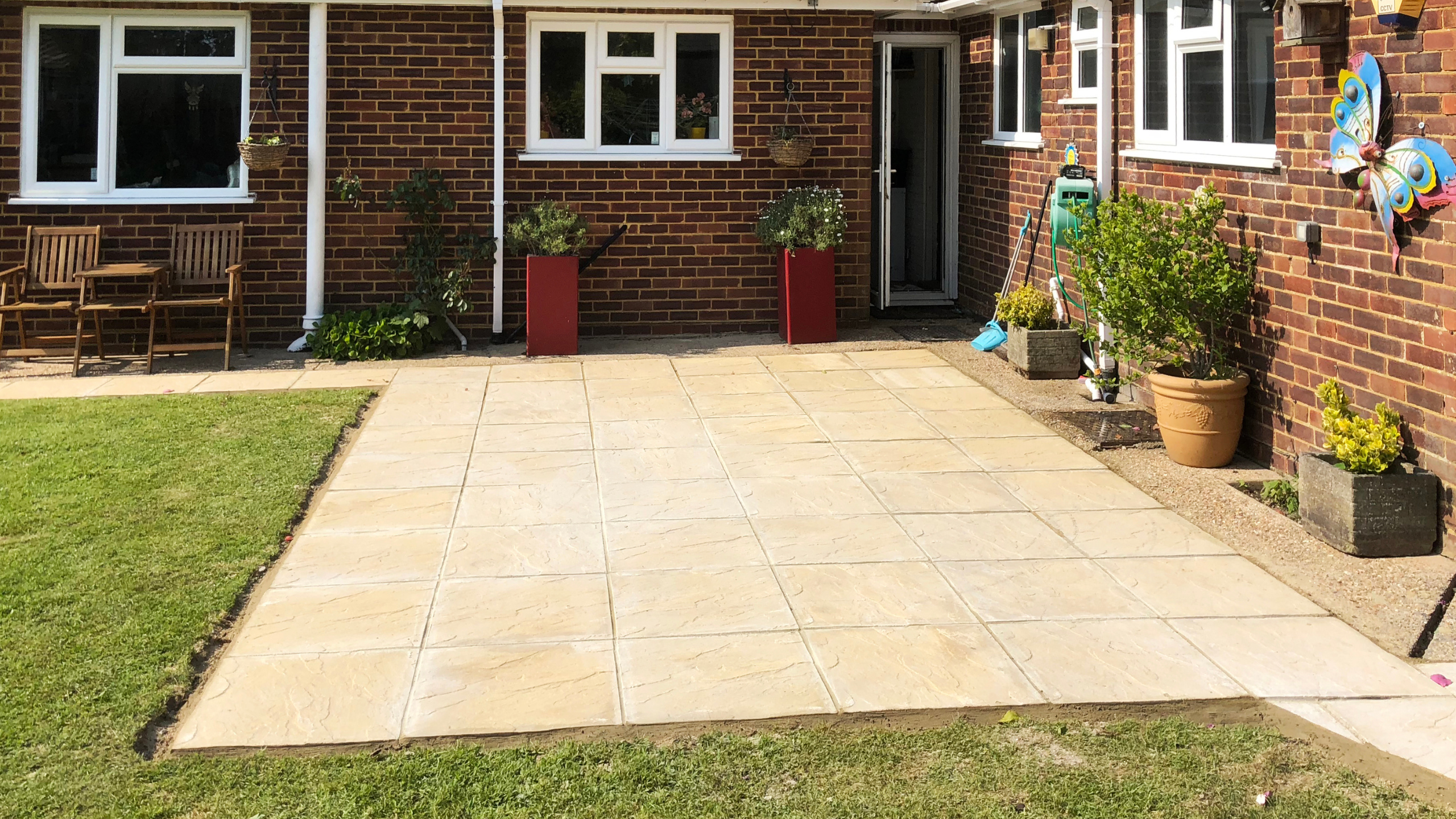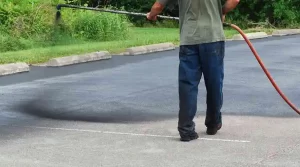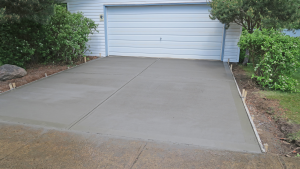Residential paving projects can transform your property, making it look better and easier to use. Whether you want to upgrade your driveway, walkway, or patio, it’s essential to understand how much it will cost to plan your budget well. In this guide, we’ll talk about how much residential paving usually costs and break down the expenses like materials, how big your project is, and paying the workers. Plus, we’ll give you seven helpful tips for budgeting your paving project. These ideas help you choose the appropriate materials and determine how big your project needs. With this info, you’ll feel confident about handling the money side of your paving project and getting great results. So get ready to start your paving project with the knowledge to make wise choices and make your property look fabulous! Jersey City locals, let Jersey City Paving handle your paving needs with professionalism and expertise.
Average Cost Estimation for Residential Paving
When you’re thinking about paving your driveway or other areas around your house, it’s essential to consider a few things that can affect how much it will cost. These things include what material you want to use, how big the area you want to pave, how much it’ll cost to pay the workers, and if you want any extra stuff like fancy designs or drainage systems. Usually, people budget around $3 to $10 for each square foot using regular materials like asphalt or concrete. But if you want to use fancier brick or natural stone, it can cost more, around $15 to $30 for each square foot. Knowing these costs can help you plan your project better and make intelligent choices within your budget.
Breakdown of Costs in Residential Paving
Driveway Material: Picking a suitable material is essential when deciding what to use for your paving project. Asphalt and concrete are popular because they’re affordable and can be used in many ways. They’re a good mix of being solid and reasonable. On the other hand, materials like brick and natural stone are durable and look nice, but they can cost more. Even though they might cost more initially, they last a long time and always look good so that they can be worth the extra money.
Size of the Driveway: The length of your driveway affects how much money you’ll need for the project. Extensive driveways need more materials and workers, so they’ll cost more. So, measuring your driveway accurately is essential to determine how much it’ll cost and ensure it fits your budget.
Labor Costs: Labor costs are a big part of your paving budget and can change depending on a few things. How complicated the project is, how easy it is to get to the site, and how much workers get paid in your area all affect how much you’ll pay. It’s essential to have skilled workers because they make sure everything is done right and that your pavement lasts a long time. Spending money on good workers now saves you from having to fix things later, which is worth it in the end.
Tips on Budgeting for a Paving Project.
Plan Ahead: Embark on your paving journey with ample time for thorough planning. Research different paving options, gather quotes from contractors, and allocate sufficient time for budgeting. Starting early ensures a smoother process and allows for any unforeseen delays or adjustments.
Set a Realistic Budget: Establish a budget that aligns with your financial capabilities and project requirements. Consider the materials and labor costs and additional expenses such as site preparation, permits, and potential contingencies. Having a clear budget helps prevent overspending and ensures a well-managed project.
Explore Different Materials: Delve into the plethora of paving materials available, considering factors such as durability, aesthetics, and cost. Compare options like asphalt, concrete, brick, and natural stone to find the perfect balance between affordability and desired appearance. Researching materials thoroughly empowers you to make informed decisions tailored to your preferences and budget constraints.
Get Multiple Quotes: Reach out to multiple paving contractors to solicit quotes for your project. Compare prices, services, and timelines to find the best fit for your needs. Be sure to inquire about hidden fees or additional charges impacting your budget. Choosing a reputable contractor at a competitive price ensures quality artistry without breaking the bank.
Consider Long-Term Costs: Look beyond the initial upfront costs and consider the long-term implications of your paving material choice. While cheaper options may seem appealing initially, Investing in high-quality materials might save you money over time by lowering maintenance and repair expenses. Assess durability, lifespan, and maintenance requirements to make a financially prudent decision.
Be Flexible: Maintain flexibility in your project plans to accommodate unforeseen circumstances or budget constraints. Consider alternative solutions or adjustments to help you achieve your desired outcome without compromising quality. Flexibility fosters adaptability and ensures a successful paving project within your financial parameters.
Plan for Contingencies: Anticipate the unexpected by Setting up a contingency reserve to meet any unexpected expenditures or changes to the project scope. Planning for contingencies safeguards your budget against surprises and provides peace of mind throughout the paving process. Whether it’s unexpected site conditions or material shortages, having a financial buffer ensures a seamless project execution from start to finish.
Conclusion
Residential paving projects can add value and functionality to your property, but it’s essential to understand the costs involved to budget effectively. By considering materials, size, and labor costs and following these seven budgeting tips, you can ensure a successful paving project that enhances your home’s aesthetics and functionality without breaking the bank. Investing in excellent materials and experienced workers up front leads to long-term savings and satisfaction with your paved surface.







